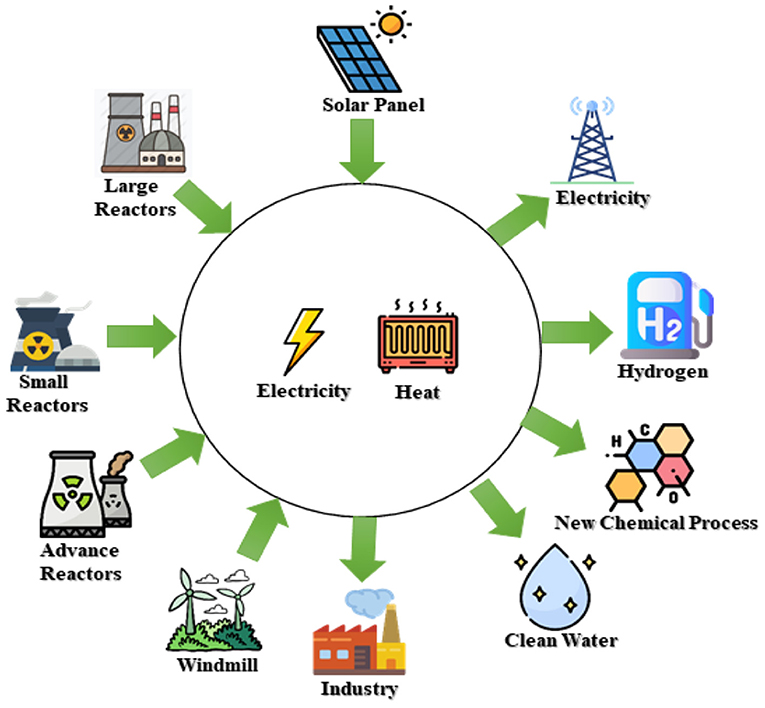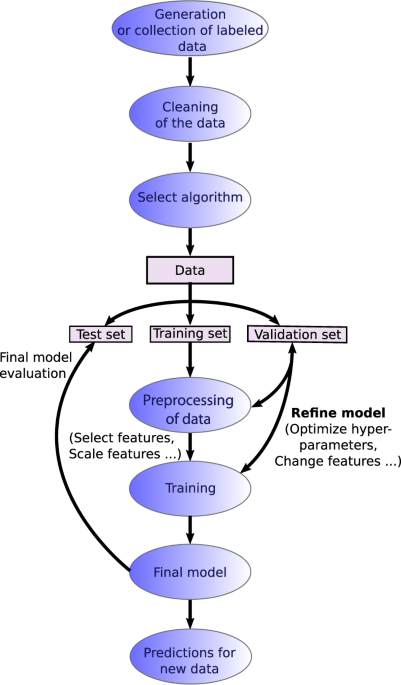

“The entire sense is copulation” (in the double sense, sexual and grammatical). Things were not created through calculation but through poetry, by the Creator who is Poietés. “Each thing is a like a ‘like’ … like a ‘like’ in a Huidobro poem”. Paul’s word for divine Creation: “poiema”, “like a poem by Homer”. “Poem”, Cardenal observes, means “creation” in Greek, and is St. Then again, going deeper, the poet joins Bible, the Greek language, and poetry (2): “Creation is a poem”. There was no light / light was within the darkness / and he brought the light out of the darkness / drew the two apart / and that was Big Bang / or the first Revolution”. Cardenal’s is not a world without God, but a world where action is through the Word: “In the beginning”, the second canto recites, “before spacetime, … was the Word. The Canticle returns obsessively to the Beginning and the Big Bang, as if in a galactic spiral, down to the final lines which conclude by returning to the beginning: “Cuando no había nada. A Trappist monk, priest, liberation theologian, revolutionary, and minister in the government of his native country, Nicaragua, Cardenal, now 92 years old, has thus centred his poetry around the astrophysics of the late twentieth and early twenty-first centuries. Footnote 6 A few years earlier, in 1989, Ernesto Cardenal had published his Cántico cósmico, which was followed by El telescopio en la noche oscura in 1993, and Versos del Pluriverso in 2005.

Haroldo de Campos, one of the greatest Brazilian poets, published in 2000 his A Maquina do Mundo Repensada, a beautiful existential-scientific poem about the structure and life of the universe.

But in later years the poetic enthusiasm for science seems to have moved to Latin America. As notable examples I would quote Leopardi, Wordsworth, Thomas Mann, Joyce, Raymond Queneau. In the greatest of nineteenth- and twentieth-century poems and novels, to be sure, there always is a scientific view of the universe. It is only with the nineteenth century that poetry and science became formally divided, and we cannot now imagine a physicist writing in verse or invoking Urania, the Muse of astronomy.

This in its turn introduces an appalling description of the great pestilence which devastated Athens during the Peloponnesian War, and thus the book closes. The concluding sixth book contains an explanation of some of the most striking natural phenomena, especially thunder, lightning, hail, rain, snow, ice, cold, heat, wind, earthquakes, volcanoes, springs and localities noxious to animal life, which leads to a discourse upon diseases. He also offered an atomic and materialist explanation of phenomena preoccupying human reflection, such as vision and the senses, sex and reproduction, natural forces and agriculture, the heavens, and disease. Lucretius, one of the greatest writers of Rome, wrote a magnificent poem on Nature where he provided an account of being and nothingness, matter and space, the atoms and their movement, the infinity of the universe both as regards time and space, the regularity of reproduction, the nature of mind and spirit as material bodily entities, and their mortality. Heraclitus and Empedocles also dealt with the stars: the former claiming that they feed on the exhalation coming from the earth and, like Parmenides, that they are condensations of fire the latter celebrating the sun and the aether.


 0 kommentar(er)
0 kommentar(er)
